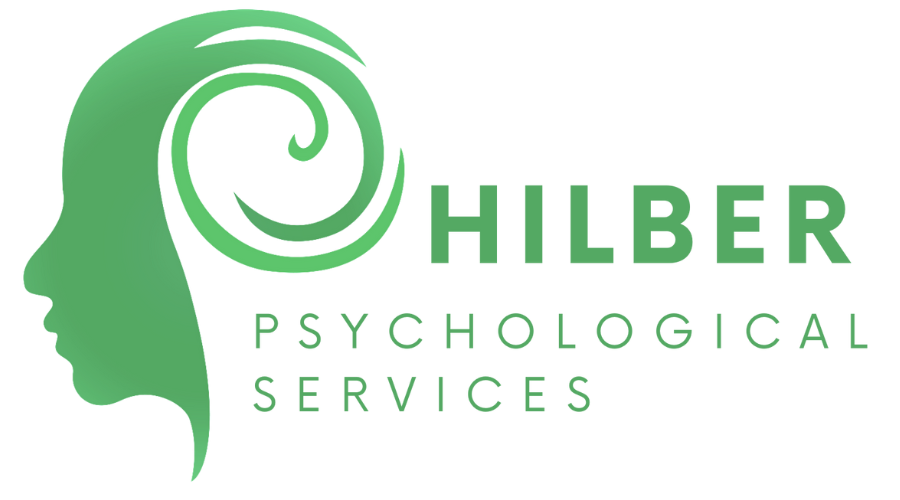The Cognitive Triad and Cognitive Distortion Part 1: by Dr. Ben Alpert
During the first therapy session, I like to teach patients about the different styles of therapy that might help them depending on their specific problem or issue. Cognitive Behavior Therapy (CBT) is an orientation based on the Cognitive Triad, the connection between Thoughts, Feelings and Behaviors. Patients usually nod their heads at this psychology jargon stating that they grasp the basic concepts but in order to help connect it to their real lives, I introduce the following scenario:
Imagine you’re in high school and sitting in the front row of math class. There is one empty seat next to you and the minute before the bell rings for class to start, your best friend sits down next to you. You say “Hey, what’s up!” and your friend doesn’t respond and doesn’t even look at you. Class begins and the teacher is standing right in front of you so you can’t talk, text or pass notes until class is over. Why didn’t your friend respond? What are you thinking? What emotions are you feeling? What physical reactions occur in your body? How are you behaving in the moment? How will you act after class?
Your answer to all of these questions will depend on your specific personality characteristics, life experiences and perhaps on the psychological issues (anxiety, depression, PTSD, low self-esteem, relationship conflict) you may be struggling with. Your brain starts moving at a mile a minute to figure it all out.
Let’s break this math class situation down because it’s sometimes hard to differentiate between thoughts, feelings and behaviors.
Thoughts: Why didn’t my friend talk to me? What did I do wrong? Are they angry at me? Did I say or do something that made them angry or upset? Let’s replay every conversation I have had with them over the past week or month or year or decade. This may take a while. Was it that joke I told? Maybe they took it the wrong way? Did I forget their birthday or to call them back? Did they think I was trying to hit on someone they liked? Did I not wear pink on pink day last week? Are they still angry that I borrowed their favorite stuffed animal when we were 5 and I never gave it back? I always do these things, nobody will ever like me. Wait, maybe something terrible happened to my friend, maybe someone died, who could it be, oh this is terrible. Your mind will continue to jump from place to place struggling to figure out what might be occurring.
Wow, all of those intense thoughts have now led to a whirlwind of emotions.
Moods/Emotions/Feelings: I am so anxious about all of the things I might have done or might have happened. I feel super depressed because my friendship may be over. I am so angry at them for feeling this way about me.
These emotions are so strong, I can feel them physically.
Physical Reactions: I may throw up, my heart is racing, my lungs feel heavy, I am sweating, I am shaking.
Now that I am experiencing all of these physical changes, I can’t just let it go, I am going to do or say something at the end of class.
Behaviors/Actions: In the moment: Lack of focus on math. After class: I am too scared to talk to my friend, maybe I’ll just walk out of class without talking to them (this may lead to a rift in your relationship). I am going to yell at my friend or say the meanest things I can to them for not talking to me because I am certain that they are angry at me so I am going to attack first. Let me come up with that list of meanest things now so I will be ready. Perhaps you bad mouth your friend behind their back or tell others that you are angry or upset with this friend for what they did which could lead to the destruction of your friendship or their friendships with others. Some of these may seem like extreme reactions but they happen all the time.
Gosh, that’s a lot of stuff going on in terms of possible thoughts, feelings, physical reactions and behaviors! Now what if I told you that your friend was just super tired because they stayed up late watching a movie, they barely got any sleep and they didn’t even hear you say hello. You have just spent the last 45 minutes creating countless scenarios of what you may have done wrong, you are possibly highly anxious, super depressed or incredibly angry, you made yourself physically ill, you may hurt or destroy your friendship with your behaviors afterwards by separating or retaliating, oh and you didn’t learn any math so you might fail the next test all because you created a false reality in your head. Learning how to stop this spiral is crucial in learning how to better our relationships and also manage stress, anxiety and depression.
In part two we will discuss why this happens and what to do to stop ourselves from getting caught in negative thought spirals. Check it out here: Part Two
Be well,
To discuss this and other issues or behaviors in detail, contact us at Hilber Psychological Services. To read more about cognitive distortion, feel free to click on this additional blog post.
Burns, D. D. (1999). The feeling good handbook. New York, N.Y., U.S.A: Plume.
Greenberger, D., & Padesky, C. A. (2016). Mind over mood: change how you feel by changing the way you think. Second edition. New York, NY: The Guilford Press.
